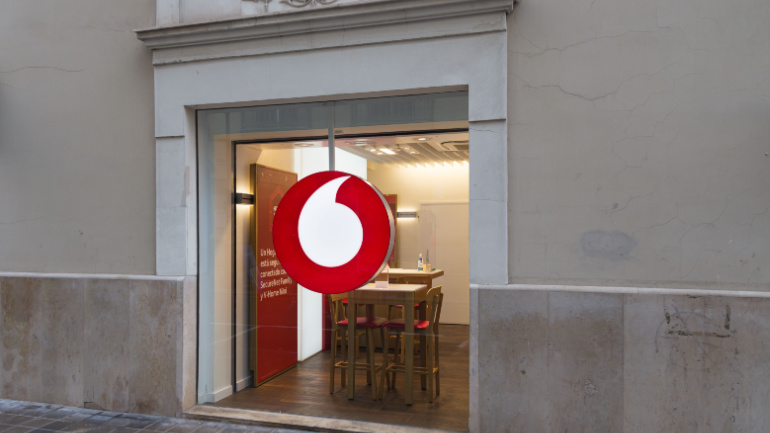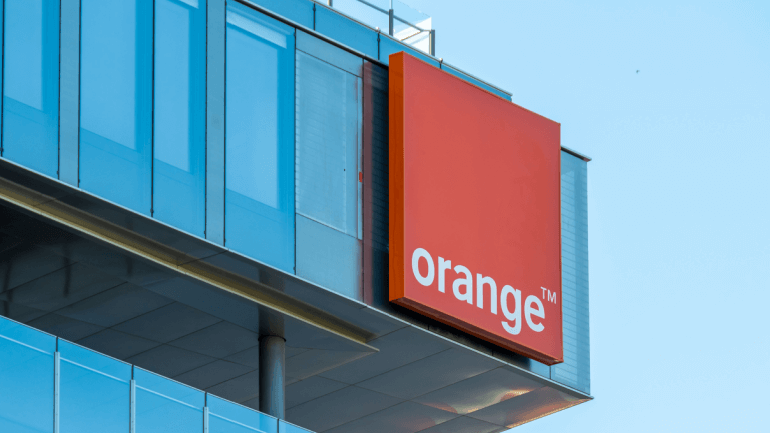Vodafone explores potential sale of its Spanish operations as the European Commission investigates Orange Spain and MasMovil merger, impacting competition in the telecom sector. The outcome could influence Vodafone’s decision, with potential investors such as Apollo Global Management and Apax Partners being considered.
EU Contemplates 5G Vendor Ban Amid Huawei Funding Debate The European Union is debating whether to ban certain companies from their 5G networks due to security concerns. Huawei, the company most affected by the potential ban, is receiving funding of around €3.89 million from the EU for research in areas like 6G, AI, and cloud computing under the Horizon Europe research program. Horizon Europe is the EU’s main research and innovation initiative, with a proposed budget of €12.8 billion in 2024. The EU is worried about member countries, especially Germany, being slow to restrict the use of “high-risk” vendors. Analysts suggest that stricter measures from Germany would greatly impact Huawei’s presence in Europe. Read the full article European Commission Targets Google’s Adtech Dominance with Statement of Objections The European Commission has raised concerns about Google’s control of the digital advertising ecosystem and issued a Statement of Objections against the tech…
Wyre, the newly rebranded joint venture between Telenet and Fluvius, gears up for next month’s network rollout with a focus on upgrading hybrid fiber-coaxial networks to fiber-to-the-home, aiming for 78% footprint expansion in Flanders by 2038.
Open RAN Revenue Growth Slows Global Open RAN revenues saw a 10-20 percent growth in Q1 2023, while the vRAN market expanded by 20-30 percent, according to Dell’Oro’s report. However, this growth is slower than the previous year, mainly due to a decline in North America. The Asia Pacific region performed well and offset the North American decline. Despite the slowdown, Dell’Oro remains optimistic about Open RAN, expecting it to account for 6-10 percent of the global RAN market in 2023. On the other hand, Dell’Oro has lowered its full-year outlook for multi-access edge computing (MEC) by over 20 percent, citing a slowdown in China’s 5G market and subdued enterprise interest. Read the full article. Cisco Partners with the Greater Manchester Digital Security Hub Cisco has partnered with the Greater Manchester Digital Security Hub (DiSH) to enhance cybersecurity in the region. Cisco’s Country Digital Acceleration (CDA) program will focus on…
The European Commission has given Orange Belgium permission to purchase 75% of the capital, less one share, of VOO SA. The decision, which was made public on March 21, allows Orange Belgium to proceed with the proposed acquisition and strengthens the business’s convergent multigigabit strategy on a national scale. Orange Belgium’s undertakings, according to the European Commission, completely resolve the competition issues discovered during the purchase process. On completion of the acquisition, Orange Belgium hopes to run a high-speed network across Wallonia and a portion of Brussels. The company’s ambitious investment strategy, along with the combined personnel talent and knowledge of VOO and Orange, is anticipated to raise the standard of services provided to clients and boost competition in the Walloon and Brussels areas. Xavier Pichon, Chief Executive Officer at Orange Belgium, expressed his satisfaction with the European Commission’s decision: “We are thrilled by the decision of…
FCC to tackle space debris problem New regulations have been proposed by the US Federal Communications Commission (FCC) to address the escalating space debris issue. The regulatory body hopes to cut the 25-year period when low Earth orbit (LEO) satellites are permitted to linger in space after their mission ends to no more than five years. The probability of this space debris colliding with something important such as a working satellite would be reduced if this unused equipment were to be deorbited sooner. Read more at: https://tinyurl.com/2p9aj6jk TalkTalk establishes two new wholesale divisions TalkTalk has revealed the launch of two new wholesale businesses. The first focuses on business-to-business wholesale services, while the second focuses on the consumer market sector. The Business Wholesale Services segment will provide resellers, aggregators and system integrators with premium and high bandwidth services. Meanwhile, the company’s nearly one million home clients will be served by the…
European Commission proposes new AI regulations The European Commission is proposing new rules that would allow it to ban any type or deployment of AI that it considers high-risk. The organization also proposes much stricter rules and limitations on the use of biometric data, such as law enforcement using face recognition. Violation of the rules may result in fines of up to 6% of the offending company’s total global turnover. For the biggest tech companies, that sum could reach billions. The commission’s digital chief, Margrethe Vestager, said: “On artificial intelligence, trust is a must, not a nice-to-have.” Read more at: https://tinyurl.com/5e8wcufu Cisco to invest $100 million to combat climate change Cisco has unveiled plans to invest $100 million over the next 10 years to help fight climate change, using the fund in its name for initiatives aimed at reducing emissions and educating communities. Cisco’s efforts will be global, and funding…
To improve emergency services and to better locate callers, The European Commission has approved a regulation that will require new smartphones to include satellite and Wi-Fi location. The integrated chipset with Global Navigation Satellite System (GNSS) must deliver access to the EU’s satellite system Galileo, which provides accurate positioning and timing information. Currently, most emergency services are faced with the challenge of only being able to locate troubled mobile callers within an area of several kilometers. However, the proposed use of satellite and Wi-Fi systems will enable 112 emergency number callers to be located within a range of less than 100 meters. Galileo-enabled devices receive signals for positioning, navigation and timing. This satellite system has been servicing around 400 million users, and this summer the system was supplemented by four more satellites, which were successfully launched from the European spaceport. Every additional satellite steadily improves Galileo’s performance, and,…
Today, 14th November 2018, the European Parliament is expected to vote on the final approval of the European Electronic Communications Code (EECC), which digs deeper into the EU’s telecom regulatory context. This reform paves the way for new fibre and 5G networks, and also expands the level of consumer protection available to the subscribers of telecom and OTT services. The EU officials first presented the Digital Single Market (DSM) strategy in May 2015, and the following year they introduced a connectivity agenda with proposals for the telecom sector. The DSM strategy contains diverse subjects, including support for cross-border e-commerce, prevention of geo-blocking, expansion on EU policies for the cloud, AI and competitiveness. The key legislation for the DSM must be completed by May 2019. It will presumably assist in reaching the new targets for broadband connectivity set by the Commission for 2025: gigabit speeds for digital businesses and public…












